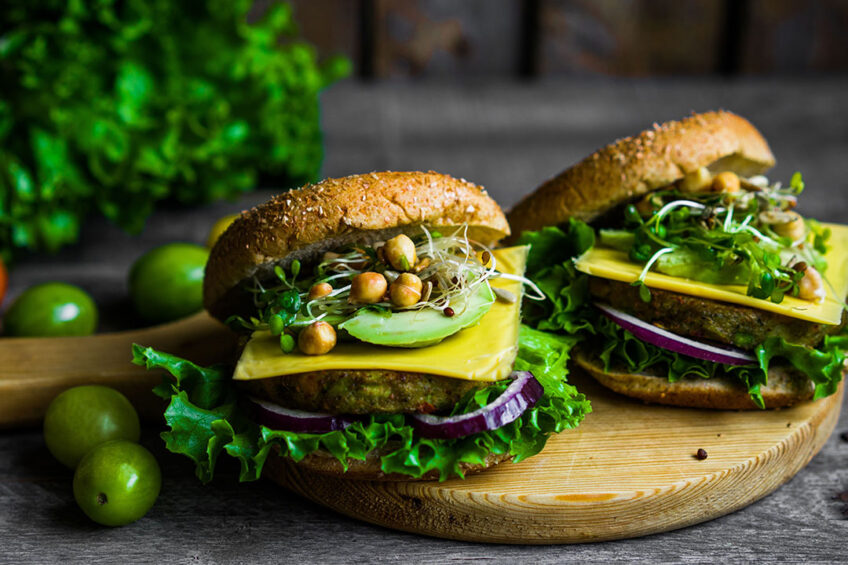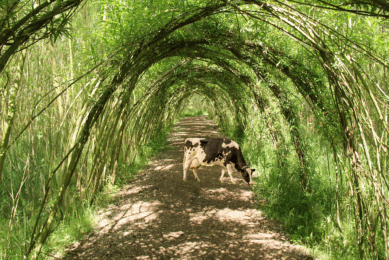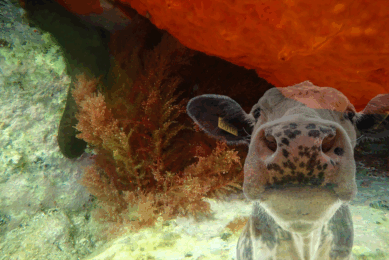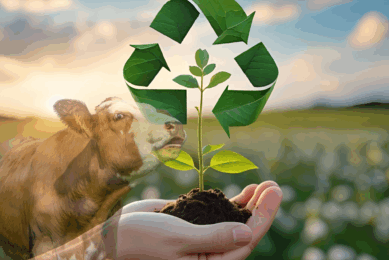How do I convince a vegetarian?

I love meat, but vegetarians can have very good arguments. Because they consciously make choices (also in the supermarket), I find conversations with well-considered vegetarians interesting. It helps me reconsider my own position and it contributes to the public debate.
It often feels as if our sector is being publicly put on trial based on prejudices without us being allowed to defend ourselves. Especially when it comes to the environmental impact of meat, there are many half-truths which are fuelled by emotions.
At those moments, one of my pitfalls surfaces: I can deal well with facts and figures and people who draw their own conclusions from them, but I struggle with emotional arguments. As the number of people on this planet increases (over 10 billion by the end of this decade), my point of view is that we must reduce the impact of everything we produce. That includes agriculture. From an environmental perspective, we only have to answer one question: “How do we feed all the people on the planet with minimal impact on the environment?”
Environmental cost of soy v canola
The answer transcends the importance of one specific area. For example, many consider soy from South America to be negative for the environment due to deforestation. However, soybean yields in Brazil are about 3.45 tonnes per hectare while oilseed rape yields in Canada are around 2.1 tonnes per hectare. Additionally, soy has a higher protein content. If we theoretically were to replace the soy from Brazil with canola from Canada, you would need almost 3 times as much land to produce the same amount of protein. This would mean that we have to sacrifice more nature worldwide. And no… this is not a plea to sacrifice the Amazon. This is a plea to talk to people outside agriculture and together put the entire food chain into perspective.
CO2 and livestock farming: A complicated story
Yes, livestock farming emits a lot of CO2. But limited fossil CO2. Without livestock farming, the CO2 from byproducts from human food will be released without any useful use. So, livestock farming is indispensable to utilise these by-products. That full story is more complicated than quotes like “Animal farming in EU worse for climate than all cars” (Greenpeace). Discussions at that political level are far beyond my reach; I see my role in the public debate in smaller settings.
Emotion needs to be taken out of the debate
In that discussion, we must also investigate the facts ourselves. We are emotionally biased as well, so we should dare to revise our own position as objectively as possible. This requires understanding the environmental impacts of meat, milk and egg production. Calculating the effect of animal production provides interesting insights. As a result, the optimal slaughter weight, the right choice of ingredients and the best nutrient levels can be fine-tuned. I am convinced that we do unknowingly impact the environment, while some impacts can be prevented without extra costs.
In my opinion, we need to engage in the public debate without emotional bias. Not to convince vegetarians, but to get (our) facts straight in the public domain.











